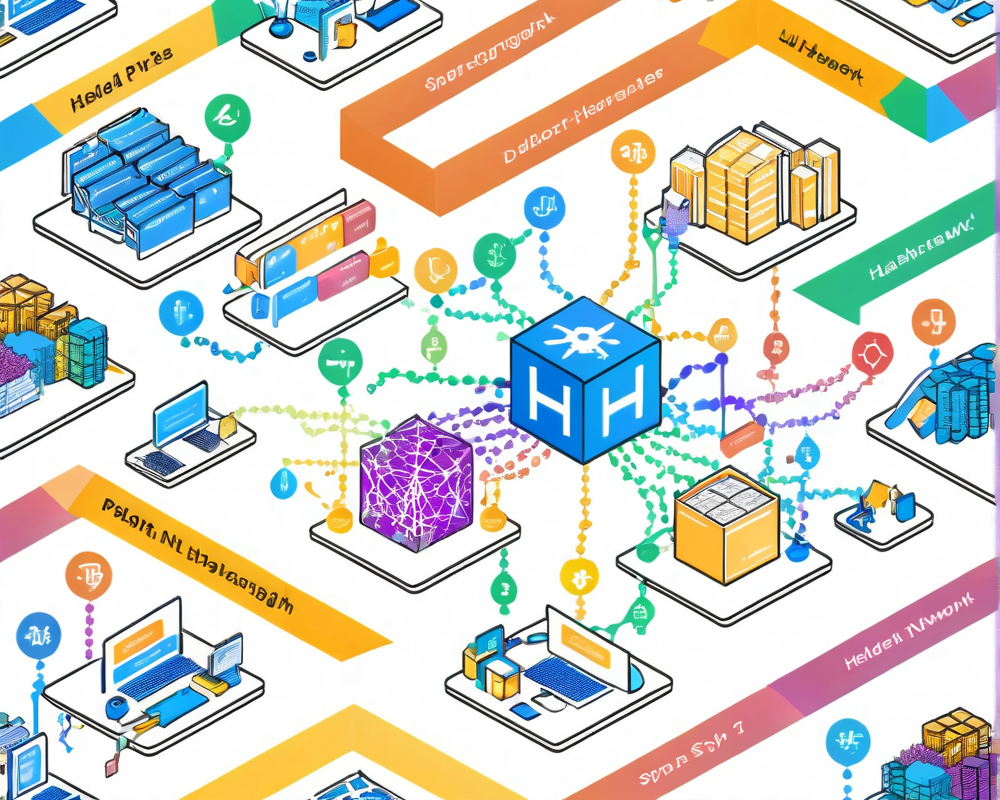Strike’s Quick Rise to Prominence
In just a week after its launch, Strike’s digital wallet has rocketed to become the fifth most popular finance app in Argentina. This meteoric rise can be attributed to its innovative crypto payment services introduced on January 12, targeting a country that is becoming increasingly receptive to digital currencies. Led by the ever-enthusiastic Jack Mallers, who arguably has an affinity for hoodies more than most, the firm’s foray into Argentina is sparking conversation and curiosity.
Understanding the Mechanics: What’s Inside?
While Strike is celebrated for enabling Bitcoin transactions via the Lightning network, reports suggest that its app in Argentina currently supports transfers only using Tether’s stablecoin, USDT. Argentine users have the ability to purchase Bitcoin through the app and subsequently send it to another wallet, but the initial barrier set by USDT has raised eyebrows.
Interestingly, one user, Nico, shared on Twitter that when he received Bitcoin, it was immediately converted into USDT, indicating that the real game in town revolves around stability rather than volatility.
Critical Perspectives: Tether’s Role
While Strike’s launch stirred excitement, some have questioned the reliance on Tether’s ERC-20 token technology rather than direct Bitcoin transactions. A local media outlet suggested that despite promotions, the use of stablecoins might compromise the app’s original ethos of promoting the




